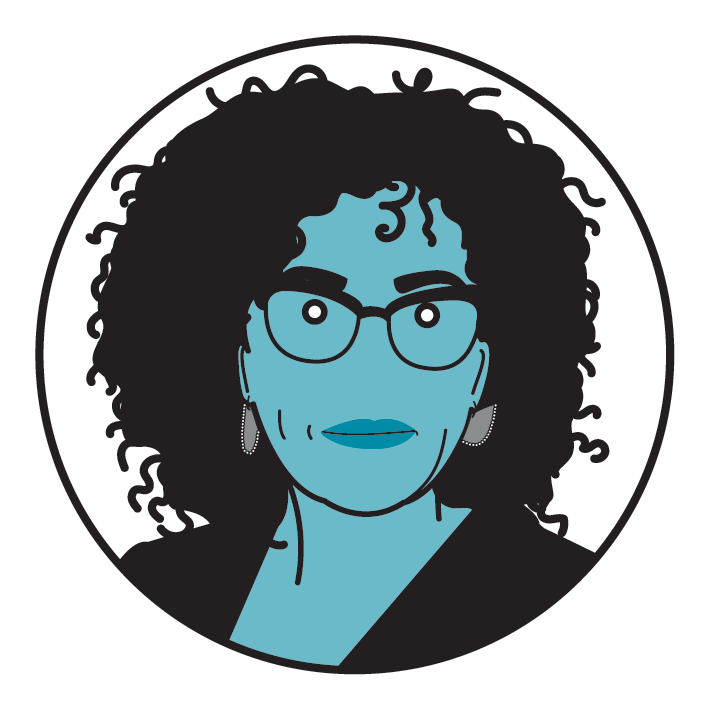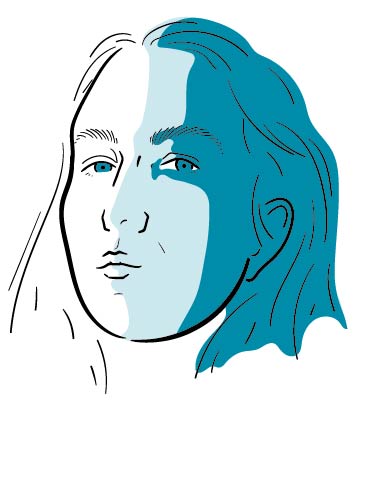I spoke with the legendary director Julie Dash by phone in March 2020, during her spring break from teaching at Spelman College, when both of us were staying home after events we’d planned to travel for were canceled. We were just cresting the wave of coronavirus rumors, a breath before the devastating flood of the global pandemic. I’d forgotten—since I so rarely speak on the phone—how the human voice, keenly heeded, archives its own history: Dash, sixty-eight, grew up in the Queensbridge projects in Long Island City (where Nas was raised too), and her voice is warm and forceful, full of New York music. But there are other musics layered underneath. Every summer when she was young, Dash would visit her father’s family in Charleston, South Carolina, and hear relatives speaking Gullah dialects without knowing that was what she was hearing. “Nobody explained it to me,” she said. “I found out on my own.”
Dash has a genius for research, and for her, confusion is not an impediment but a productive point of departure, a spiritual practice, and a source of creative excitement. In an early interview, she rhapsodized about her first adolescent encounter with film cameras, in a workshop for high school students at the Studio Museum in Harlem: “All this equipment, and I was allowed to touch it, play with it, and be confused by it—and then make the decision to master it.” Dash would continue to explore new territory, from the documentary techniques that dominated New York filmmaking in the ’70s to the narrative and lyrical techniques she learned at the American Film Institute, in communion with Russian montagists, Third World Cinema filmmakers, and her peers in the movement that came to be known as the LA Rebellion.
You have reached your article limit
Sign up for a digital subscription and continue reading all new issues, plus our entire archives, for just $1.50/month.
Already a subscriber? Sign in






